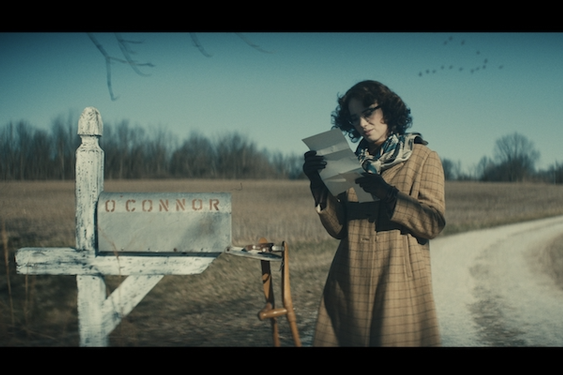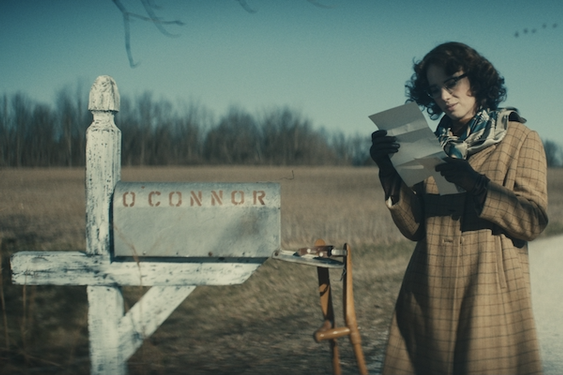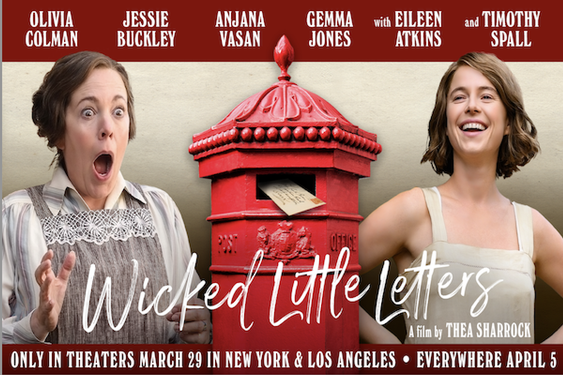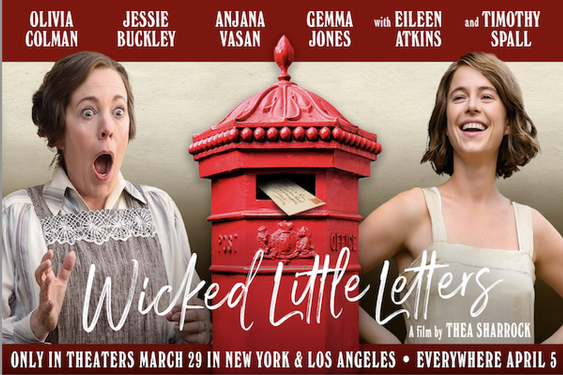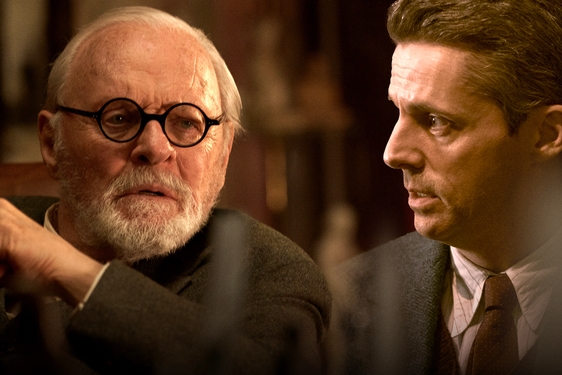When the history of Hollywood’s summer of 2015 is written, there will one story of spectacular success and another of equally spectacular failure.
Universal Pictures’ rampaging-dinosaur smash “Jurassic World” and 20th Century Fox’s superhero flop “Fantastic Four” had polar-opposite trajectories at the box office, with the former grossing a staggering $1.6 billion and counting worldwide and the latter flaming out in an epic fiasco that will be dissected for a long time to come.
But the two films had one major thing in common: Each was made by a director who’d been quickly vaulted from relative obscurity into the deep end of the film industry pool.
Handpicked by Steven Spielberg to direct “Jurassic World,” director Colin Trevorrow had made only one film previously: the quirky $750,000 indie “Safety Not Guaranteed,” which grossed just $4 million. “Fantastic Four” director Josh Trank made his feature debut with the 2012 sci-fi sleeper hit “Chronicle,” which cost $12 million to produce, before being hired by Fox to direct the comic-book reboot at 10 times that budget.
Both directors were caught up in a trend that has gathered steam in recent years, as studios have been increasingly looking to untested directors to helm high-stakes tent-pole movies. Most recently, in June Sony Pictures and Marvel Studios hired Jon Watts to take over the “Spider-Man” franchise on the strength of his minimalist thriller “Cop Car,” which Watts shot in his rural Colorado hometown for just $800,000.
But as the wildly divergent fates of “Jurassic World” and “Fantastic Four” show, when a studio places a bet on a director new to the blockbuster realm, the results are unpredictable. At best, an up-and-coming director can shake up a franchise with an edgy sensibility; at worst, things can spin terribly out of control.
Of course, seasoned directors can make giant bombs too (the last major superhero movie to land with a thud, “Green Lantern,” was made by the highly experienced Martin Campbell). But in today’s Hollywood, the path for many filmmakers to the A-list has become shorter than ever — and the learning curve far steeper.
“We’re making far more of these giant tent-poles than we ever have, and we’re running out of people, so studios need to reach further into the farm system,” Trevorrow told The Times in June. “Ideally when they bring on these filmmakers to do these larger films, they’ll give them a sense of freshness. But I think it will be met with varying success.”
Indeed, while Trevorrow’s own career arc is a Cinderella story — last week Disney and Lucasfilm announced he will be directing “Star Wars: Episode IX” — Trank’s has become something of a cautionary tale.
In the wake of “Fantastic Four’s” dismal $26 million opening, a bitter blame game erupted, with some pointing fingers at Trank for allegedly erratic behavior during the film’s production, while others argued the studio undermined him and watered down his original conception of the movie. The debacle — which climaxed with Trank disavowing the final cut of the movie in a now-infamous deleted tweet — highlighted the difficult power struggle that can come into play when a filmmaker with a strong point of view but limited experience is suddenly thrown into the tent-pole realm, where the pressure to deliver a four-quadrant hit is crushing.
Though his story ended far more happily, Alan Taylor — who had worked primarily in TV before directing 2013’s “Thor: The Dark World” — told The Times earlier this year that his own first experience facing those pressures was sometimes overwhelming.
“I had learned a certain scale and epic quality working on ‘Game of Thrones,’ and without that I wouldn’t have been able to do ‘Thor,’ “ Taylor said. “But it’s a real trial by fire.”
When bringing unseasoned directors like Trevorrow or Trank onto a big-budget project, studios typically tout the originality of their vision. But many insiders say the true impetus to hire relative neophytes is that — in addition to commanding far smaller fees than more established directors — they have less power and can, therefore, be more easily reined in.
“The studio executives and marketers want to control the movie so badly, they don’t want a visionary director,” says one high-ranking talent agent. “They want to basically make the movie themselves. So much of it is made in CGI now anyway that you can fix it if it’s messed up, so they can get away with a lot more mistakes. And they don’t really care about deep performances from the actors — that’s not really what they’re looking for.”
Others counter that such an analysis is simplistic, pointing out that every director has a unique temperament and set of skills and that every studio manages relationships with filmmakers differently.
“There’s an assumption — and it’s partially cynical, and it’s also partially based in reality — that the studio is making the movie,” Trevorrow said. “That couldn’t be further from the truth (with ‘Jurassic World’). I didn’t have a studio giving me notes on the set. I answered to Steven, and he had notes. His presence was a great shield that allowed me to make the film like I was in the ‘70s or ‘80s, when filmmakers were given that level of control.”
Trank declined to comment about his experience.
Marvel Studios President Kevin Feige has long been a leading proponent of giving outside-the-box directors a shot at a bigger platform, whether it was “Guardians of the Galaxy” director James Gunn, who’d previously been known for quirky, small-scale genre films like “Slither,” or “Ant-Man” director Peyton Reed, who had worked primarily in the comedy genre.
“You can’t always just hire people that have done something before,” Feige told The Times in May. “My first film was as an associate producer on ‘X-Men,’ which Bryan Singer directed, and Bryan hadn’t done a film like that before. That’s sort of how I’ve been raised in the producorial career: hiring the person you believe can make a great big movie as opposed to somebody who has already made a great big movie.”
Many have criticized the studios for what they regard as a double standard when it comes to hiring up-and-coming directors, arguing that female filmmakers with similar resumes haven’t been offered the same opportunities as men. But Trevorrow, for one, believes that’s not entirely the case.
“Obviously it’s very lopsided, and hopefully it’s going to change as time goes on,” the director said. “But it hurts my feelings when I’m used as an example of white, male privilege. I know many of the female filmmakers who are being referred to in these articles. These women are being offered these kinds of movies, but they’re choosing not to make them.
“Women like Ava DuVernay and Lynn Shelton have a level of integrity that I think dwarfs most male filmmakers in this industry — including perhaps my own. The reality is, no, they don’t want to make your movie.”
Though many would likely debate that point, a few weeks after Trevorrow made this statement, DuVernay passed on directing Marvel’s “Black Panther,” saying, “We had different ideas of what the story would be.”
Indeed, while the allure of directing a huge movie with all the bells and whistles is undeniably powerful, not every filmmaker, male or female, wants to jump straight from a buzzed-about Sundance debut into the sink-or-swim tent-pole world.
Interviewed early this year, with his breakout indie “Whiplash” then in the thick of the Oscar race, director Damien Chazelle told The Times he wasn’t looking to grab the blockbuster brass ring anytime soon.
“I like the idea of working my way up,” he said. “I don’t really think I’m entitled to a $200 million budget yet. Christopher Nolan had to work his way up to that. Martin Scorsese had to work his way up to that. There’s nothing wrong with it, and occasionally it works out great. But I don’t feel impatient to immediately jump into something that could literally bring down a studio if I don’t do it well.”
———
NEWBIE DIRECTORS CHART
Colin Trevorrow
Debut feature: the indie sci-fi dramedy “Safety Not Guaranteed” (2012) — budget $750,000, domestic gross $4 million
First tent-pole: “Jurassic World” — worldwide grosses: $1.6 billion and counting
Next project: “Star Wars: Episode IX,” scheduled for release in 2019
Josh Trank
Debut feature: the found-footage sci-fi film “Chronicle” (2012) — budget $12 million, domestic gross $65 million
First tent-pole: “Fantastic Four” — worldwide grosses: $102 million and counting
Next project: not yet announced, but Trank has said he wants to do something “below the radar”
Gareth Edwards
Debut feature: the low-budget monster movie “Monsters” (2010) — budget $500,000, domestic gross $237,000
First tent-pole: “Godzilla” (2014) — worldwide grosses: $529 million
Next project: “Star Wars: Rogue One,” scheduled for 2016
Marc Webb
Debut feature: the indie romantic comedy “(500) Days of Summer” (2009) — budget $7.5 million, domestic gross $32 million
First tent-pole: “The Amazing Spider-Man” (2012) — worldwide grosses: $758 million
Next project: a Fox Searchlight drama entitled “Gifted”
Jordan Vogt-Roberts
Debut feature: the indie coming-of-age film “The Kings of Summer” (2013) — budget $1.5 million, domestic gross $1.3 million
First tent-pole: “Kong: Skull Island,” scheduled for release in 2017
Rupert Sanders
Debut feature: Sanders had directed commercials but never made a feature film
First tent-pole: “Snow White and the Huntsman” (2012) — worldwide grosses: $397 million
Next project: “The Ghost in the Shell,” scheduled for 2017
Carl Rinsch
Debut feature: Rinsch had directed commercials but never made a feature film
First tent-pole: “47 Ronin” (2013) — worldwide grosses, $151 million
Next project: not yet announced
Sam Taylor-Johnson
Debut feature: the indie drama “Nowhere Boy” (2009) — budget $1.9 million, domestic gross $1.5 million
First tent-pole: “Fifty Shades of Grey” — worldwide grosses, $570 million
Next project: not yet announced
Patty Jenkins
Debut feature: the indie drama “Monster” (2003) — budget $8 million, domestic gross $34 million
First tent-pole: “Wonder Woman,” scheduled for 2017
———
©2015 Los Angeles Times
Visit the Los Angeles Times at latimes.com
Distributed by Tribune Content Agency, LLC.



